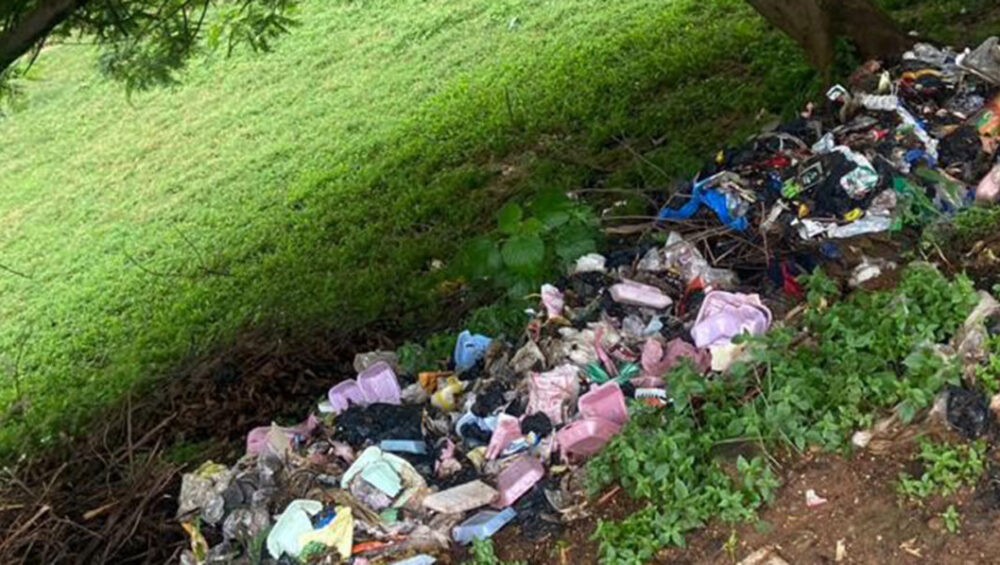Residents of the Federal Capital Territory (FCT), Abuja, have called on the government to reintroduce the suspended monthly sanitation exercise as waste piles up across the city and its satellite towns.
Speaking in separate interviews with the News Agency of Nigeria (NAN), the residents said reviving the exercise would help tackle environmental pollution, improve hygiene, and reduce the spread of diseases such as malaria, cholera, and typhoid.
The sanitation exercise, first introduced nationwide in 1984 under the military regime of Maj.-Gen. Muhammadu Buhari as part of the War Against Indiscipline, required residents to suspend movement for three hours every last Saturday of the month to clean their surroundings. Although the FCT Minister, Nyesom Wike, announced plans two years ago to revive the practice twice monthly, the policy is yet to be implemented.
Community leader Amos Abache said the absence of sanitation days has turned major streets and drainages in Bwari and other satellite towns into dumpsites. He urged strict enforcement, including environmental health officers, mobile courts, and sanctions for defaulters, to ensure effectiveness.
Health worker Rabi Ohida stressed that sustained sanitation would reduce pollution and provide a platform for educating residents on waste disposal and recycling. “It is a necessary step to improve our environment health-wise and its aesthetics,” she said.
Businessman Mohammed Sani added that community-driven cleaning would reduce the burden on local councils and encourage residents to take responsibility for their waste. However, environmentalist Zachary Abutu warned that poor planning and lack of consistent waste collection could frustrate participation, stressing that sanitation must be backed by proper coordination, education, and enforcement.
With refuse mounting across Abuja, residents insist that bringing back the exercise is essential to restoring the city’s cleanliness and protecting public health.





